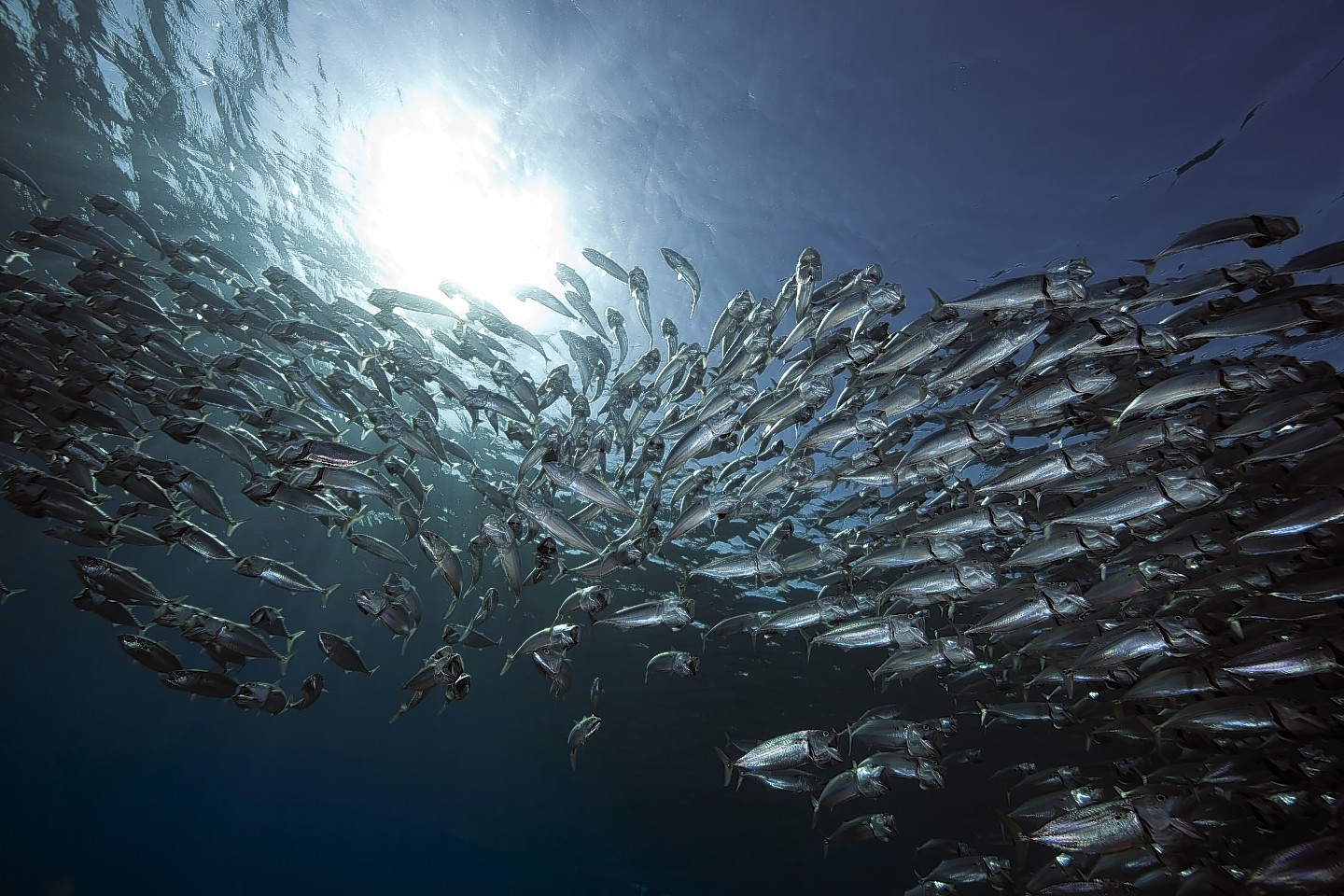Scots fishing chiefs are seeking action to shut out Faroese boats from their mackerel grounds.
They say an international agreement covering access to Scottish waters is unfairly skewed in the favour of Faroe – and that a study by seafood industry body Seafish backs their case.
The Scottish Pelagic Fishermen’s Association (SPFA) and Scottish Pelagic Processors’ Association (SPPA) are now urging the European Commission (EC) and UK and Scottish governments to renegotiate the EU-Faroe bilateral agreement struck last year.
It included an access arrangement allowing Faroe to catch mackerel and blue whiting in EU waters.
In return, EU vessels could catch some of their quota for these species in Faroese waters.
But after analysing the benefits to each side, Seafish said the deal was heavily skewed in favour of Faroe.
Seafish said the UK received no benefit at all in 2014 as its boats did not catch any mackerel or blue whiting in Faroese waters.
By contrast, Faroe caught 93% of its mackerel and blue whiting allowance in EU – mainly in Scottish waters – netting a catch estimated to be worth £42.1million.
The deal is now up for annual negotiation and the SPFA and SPPA want the EC and governments in London and Edinburgh to “adopt a strong stance” in order to secure a fairer outcome.
SPFA chief executive Ian Gatt said: “We are not against every part of the overall agreement, especially since its enables some Scottish white-fish boats to access quota held by the Faroese.
“It is also desirable to work within international quota arrangements rather than have autonomous quota-setting.
“However, the part of the agreement that is causing us huge concern is the access arrangement for mackerel.
“This has given Faroe the opportunity to catch over £40million worth of high quality mackerel – primarily from within Scottish waters – which is now being sold into the same markets as our own processing sector, creating marketing difficulties.”
SPPA chairman Ian McFadden added: “The market is already challenging, given the Russian/EU trade dispute, the devaluation of the Ukrainian currency and significant currency import problems with Nigeria since the oil economy crash.
“These are all important markets that are now effectively closed.
“Scottish processors are now in direct competition with the Faroese as the mackerel caught in Scottish waters has a much higher quality.
“This access agreement is having a detrimental impact on the profitability of the Scottish processing sector, which is a significant direct and indirect employer in Scotland.”
Mr McFadden said the access part of the overall deal should be ditched, adding it was particularly galling to see Faroe benefit as it had demanded more quota based on an increase in mackerel numbers in its own waters.
